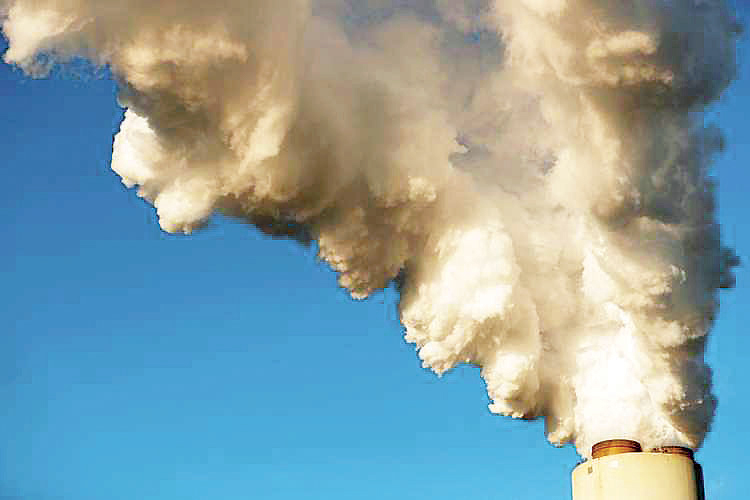

Banks are failing their stakeholders on tackling climate risks. Half the world’s 50 biggest private-sector lenders don’t even have commitments to lend a certain amount to help the green transition, according to new research by World Resources Institute, a think- tank. The ones that do aren’t much more useful.
Take JPMorgan. Jamie Dimon’s bank pledged in 2016 to lend $200 billion of “clean financing” over nine years. The WRI concedes that the lender does better than some peers by specifying the types of projects it’ll finance and how. But there are two problems.
One is that JPMorgan still supports far more brown than green projects. In 2018 it arranged $64 billion of financing for carbon-emitters like oil and gas companies, the WRI reckons using Rainforest Action Network data. That’s 2.4 per cent of its $2.6 trillion balance sheet, almost three times the annualised $22 billion of sustainable financing it pledged with such fanfare. Wells Fargo and Citigroup have a similar disconnect.
The other is the nature of the sustainable pledges. Bank of Montreal’s $309 billion pledge sounds impressive but gives no detail on the form in which the bonanza is to be extended or where it will go.
These things make a difference. HSBC, for example, is $37 billion of the way through its $100 billion sustainable-finance pledge, but only $6 billion of that has come from its own balance sheet, while facilitating green bonds accounts for the rest.
And some of the financing goes to polluting companies to help them transition to a low-carbon economy rather than for specifically green projects.
There’s nothing inherently wrong with that. But the different levels of detail make it hard to compare with, say, JPMorgan’s claim to have advanced half of its pledge already.
It leaves shareholders struggling to work out whether banks are climate angels or demons. That will change as political leaders put more pressure on corporations to reduce greenhouse-gas emissions. There’s also the chance those financing pollution will face investor activism. Such banks ought to be obvious targets for the likes of the Climate Action 100+, a group of 370 investors with $35 trillion of assets under management.
The prospect of getting an earful from governments and owners alike can be a powerful motivation for banks to be more transparent about their climate-related activities.
Those that aren’t risk some noisy battles and, eventually, a valuation discount. — Reuters
Oman Observer is now on the WhatsApp channel. Click here



